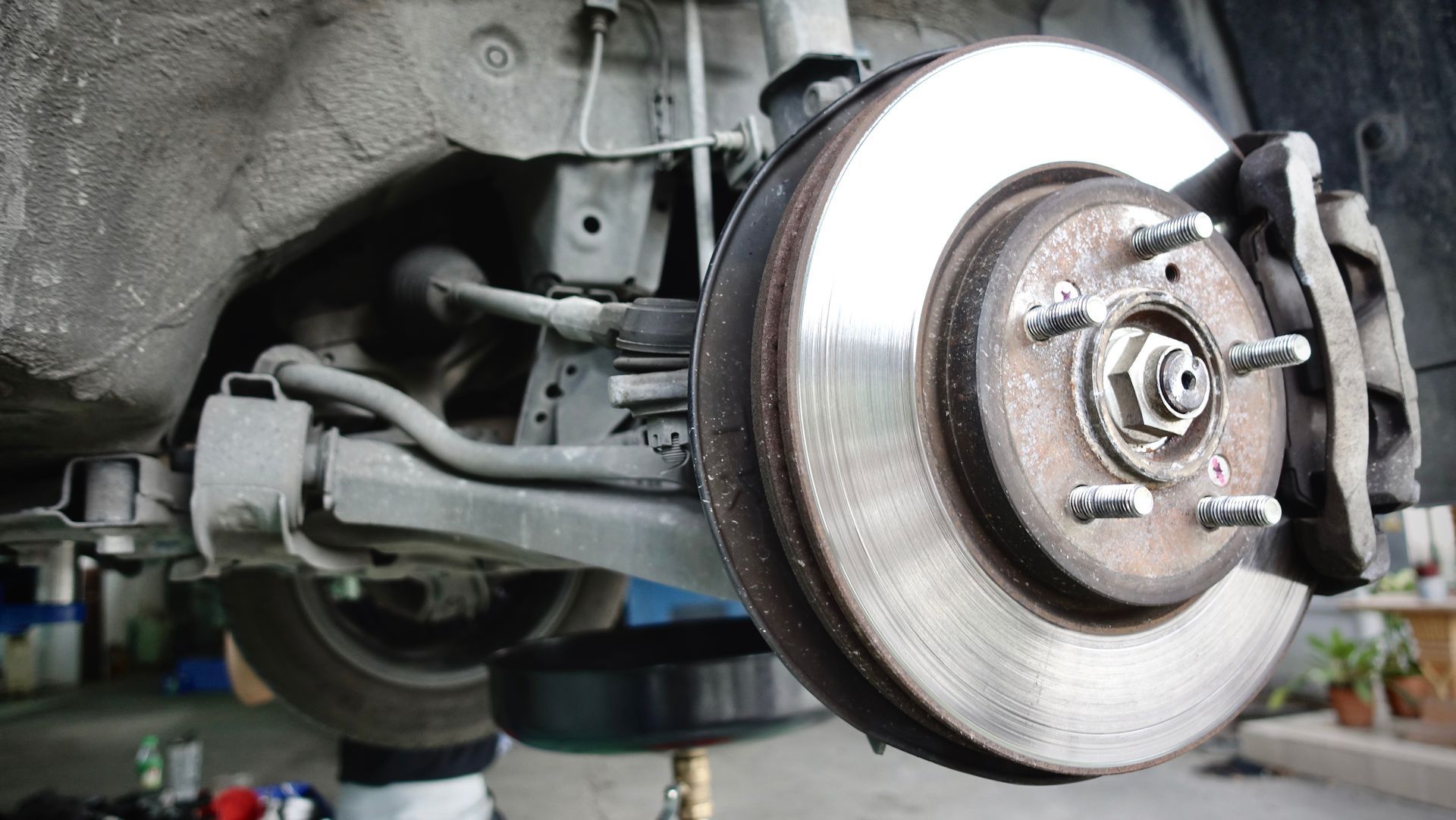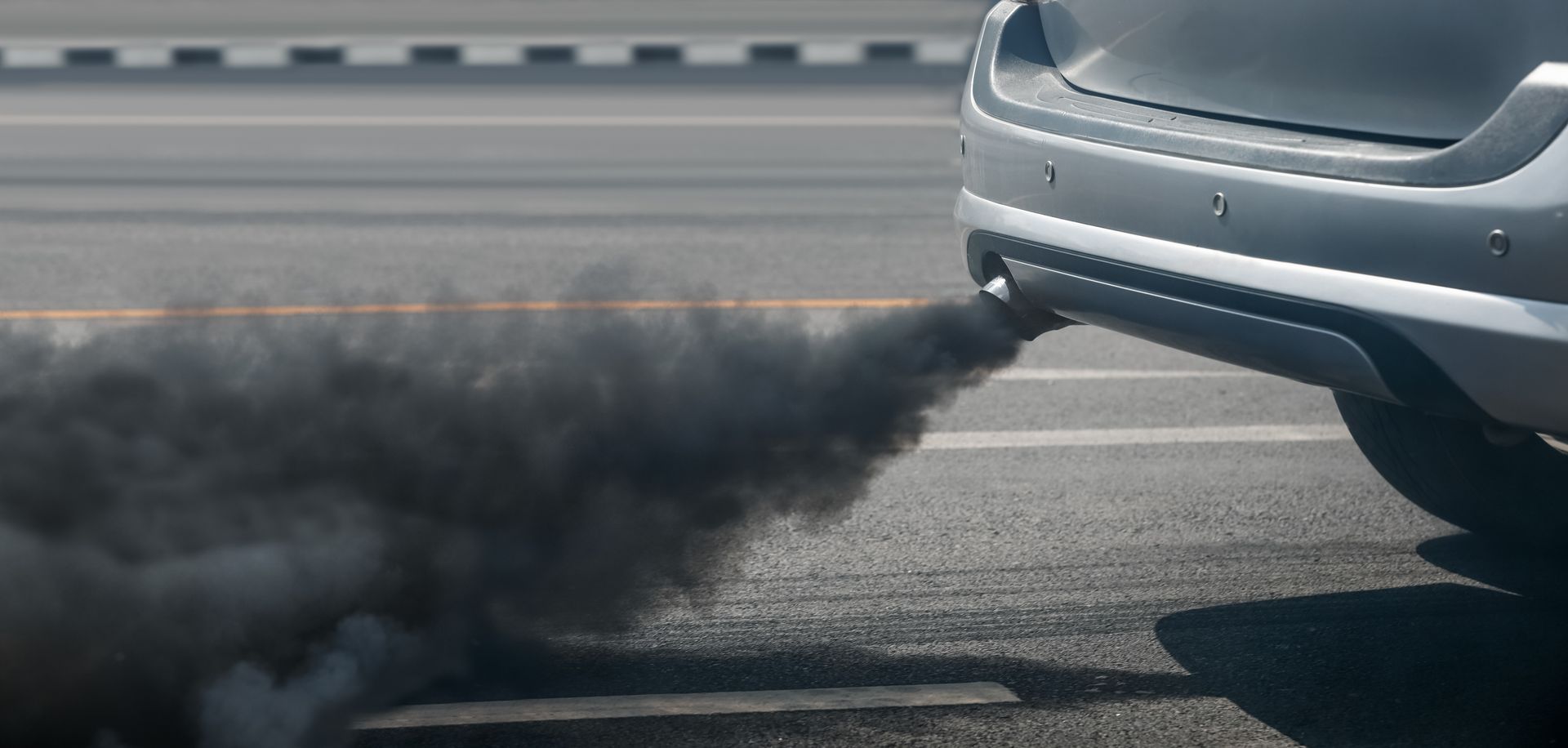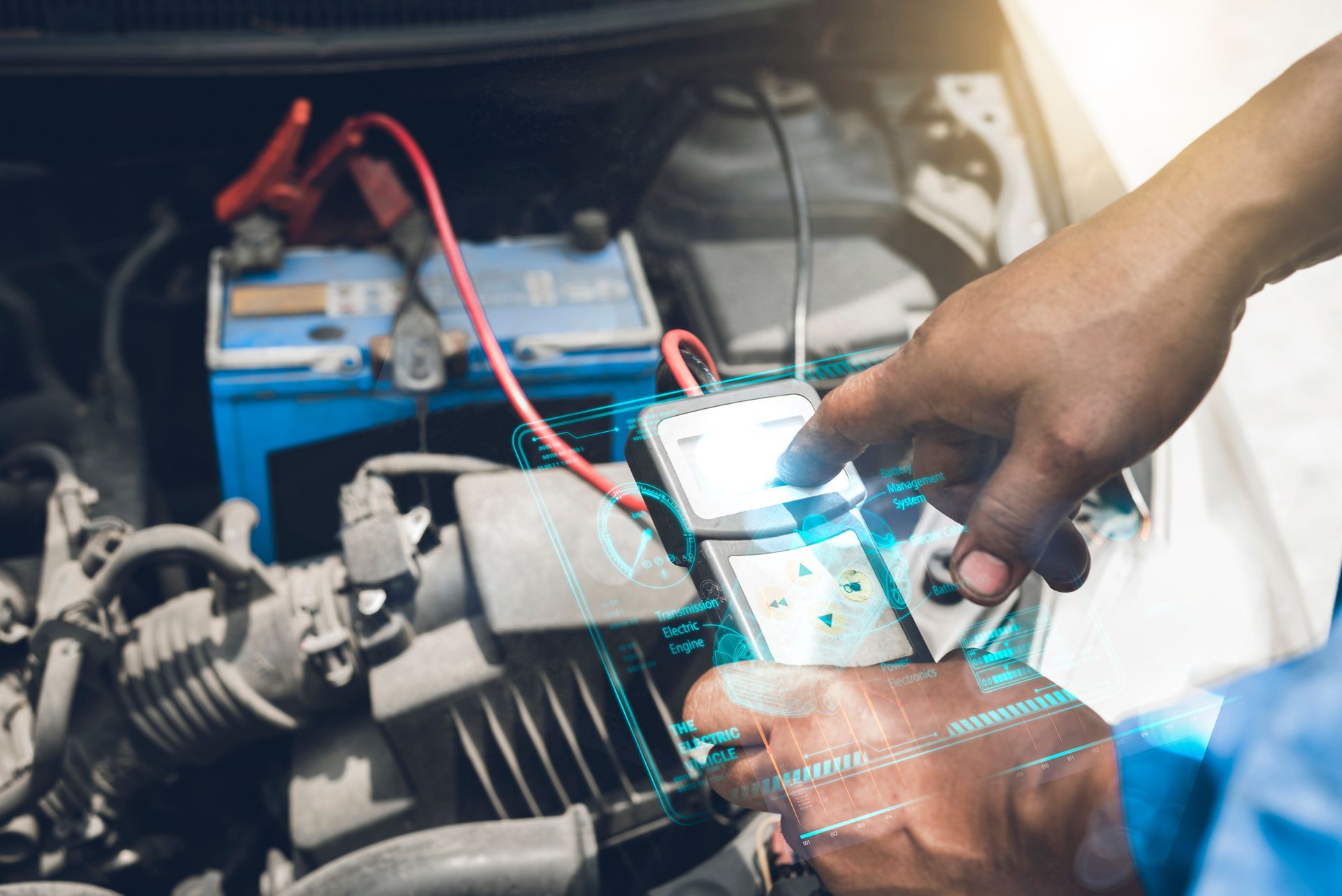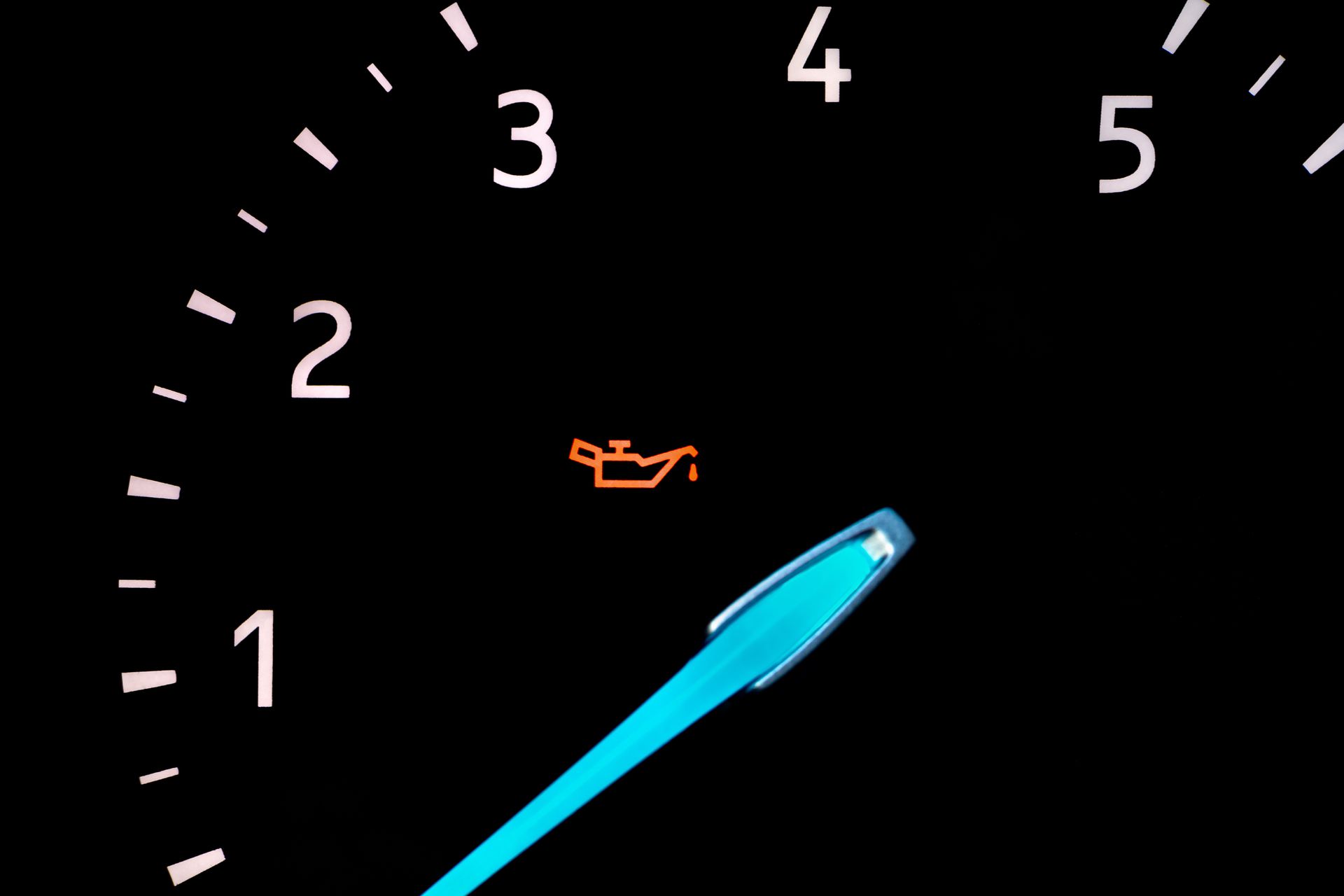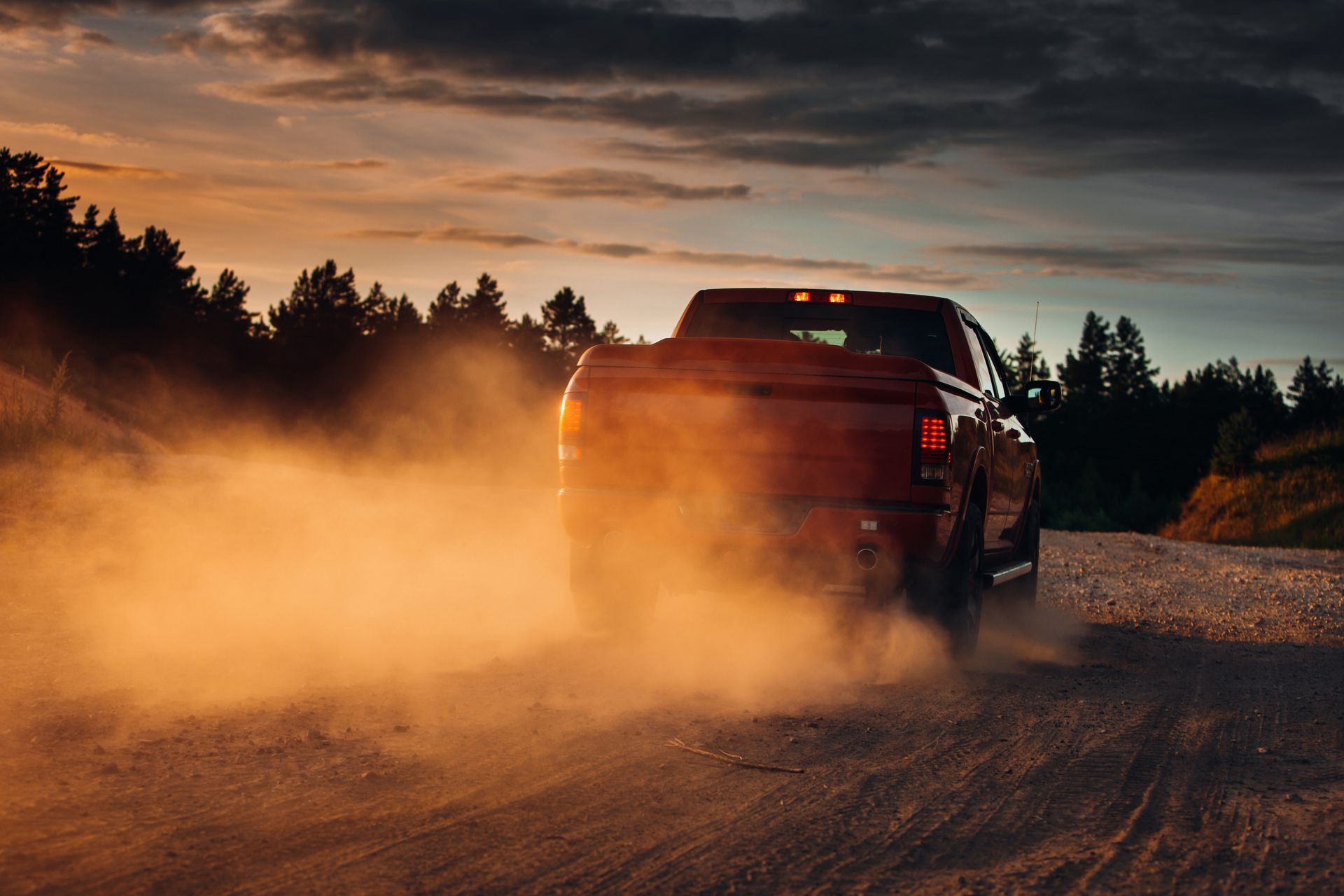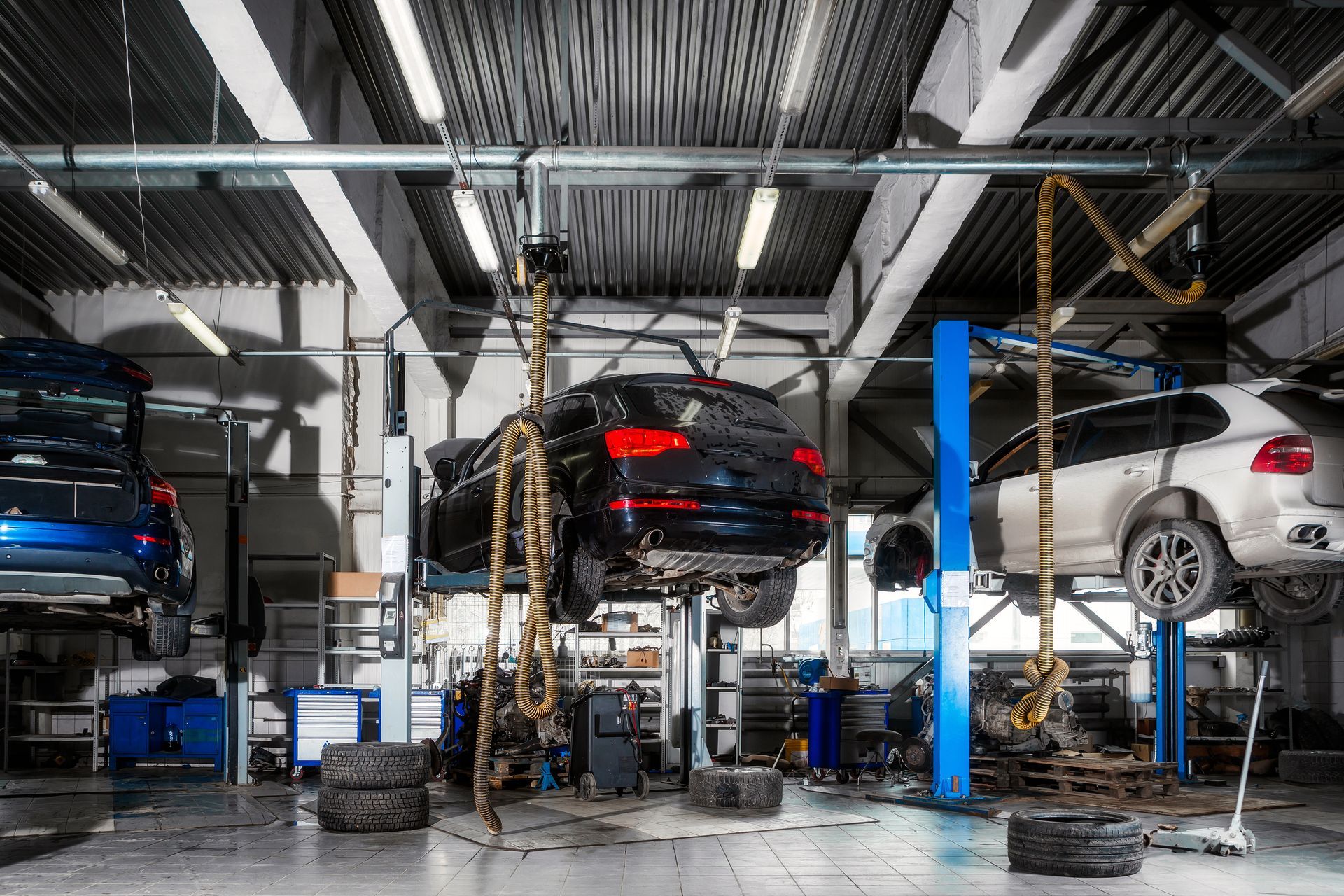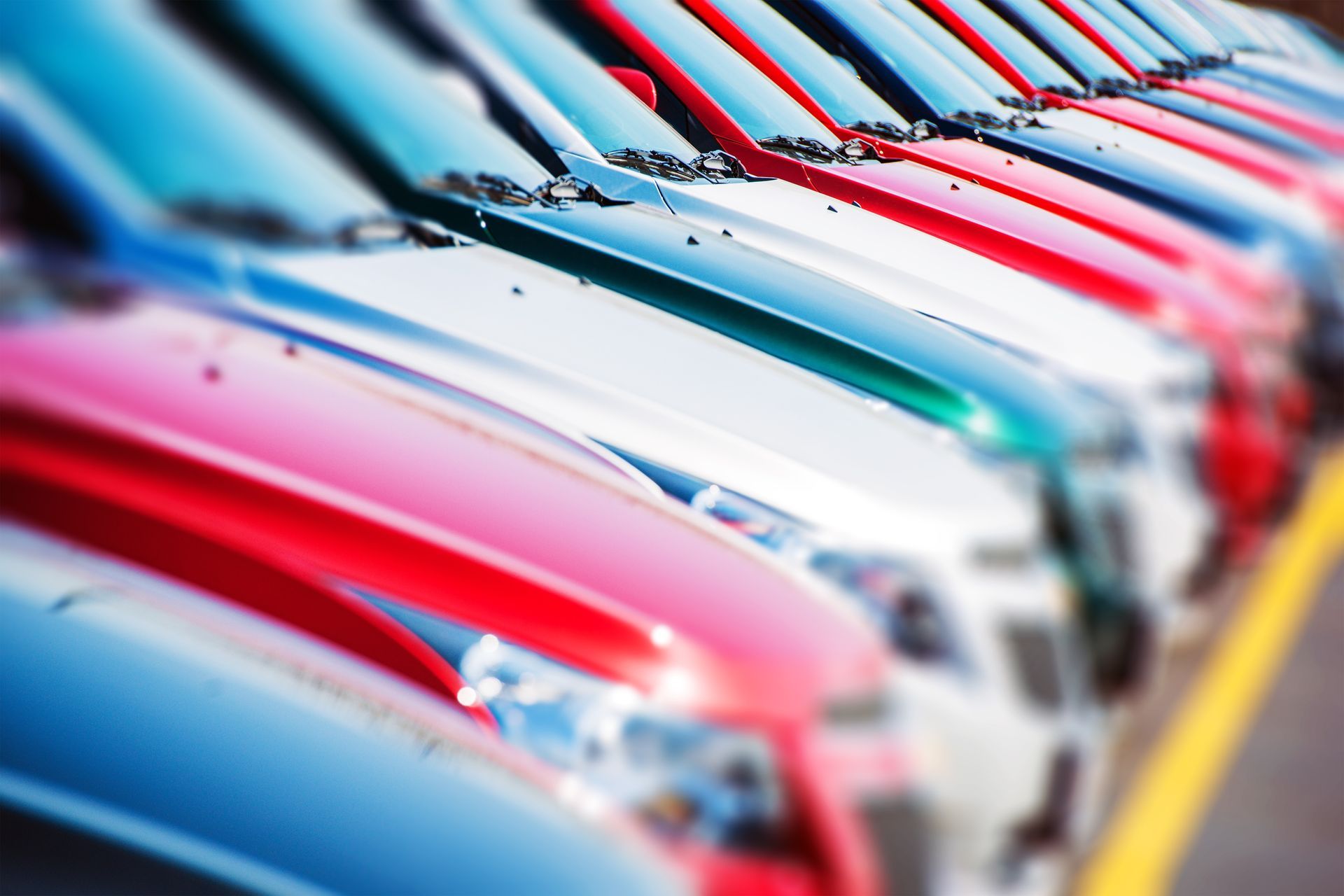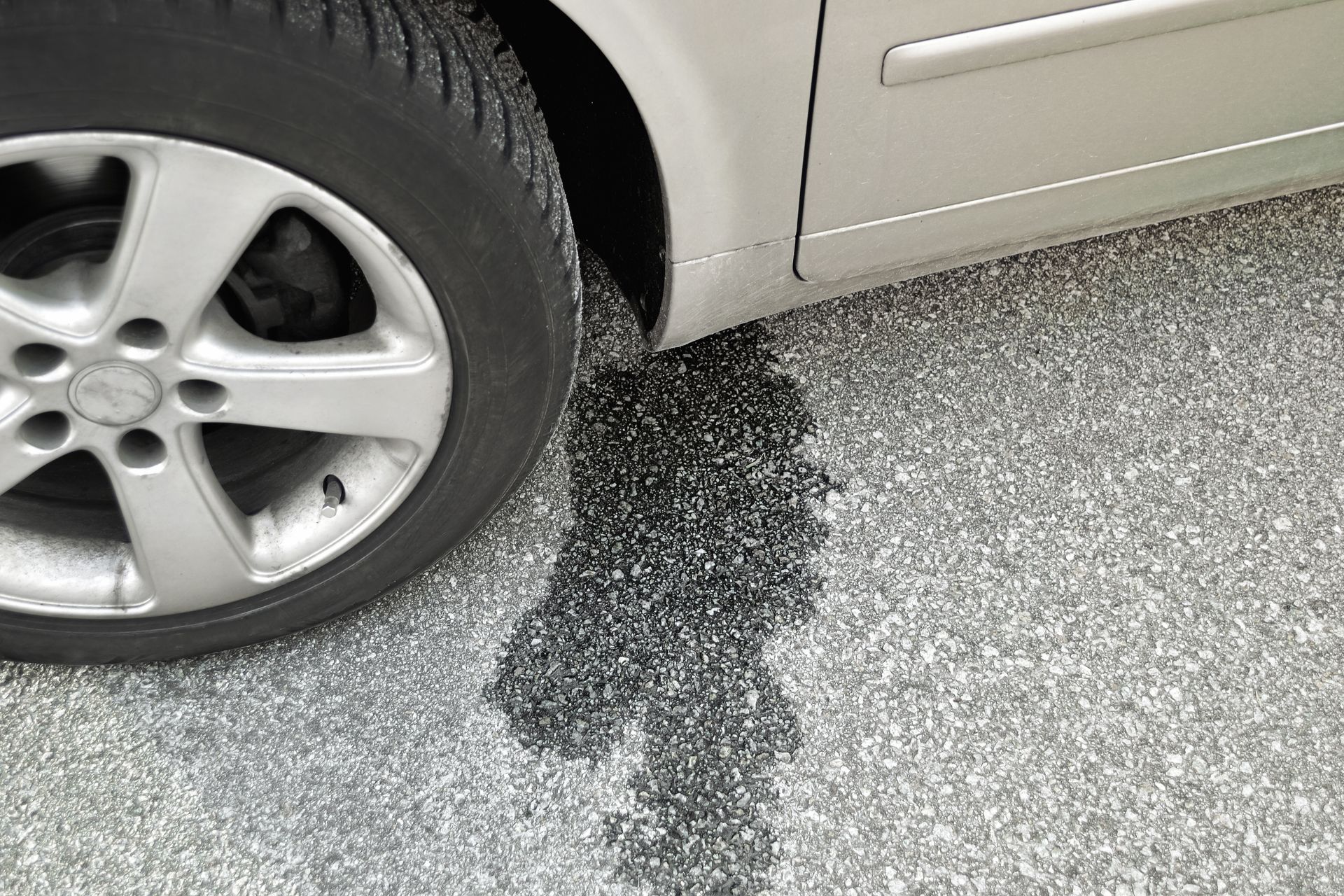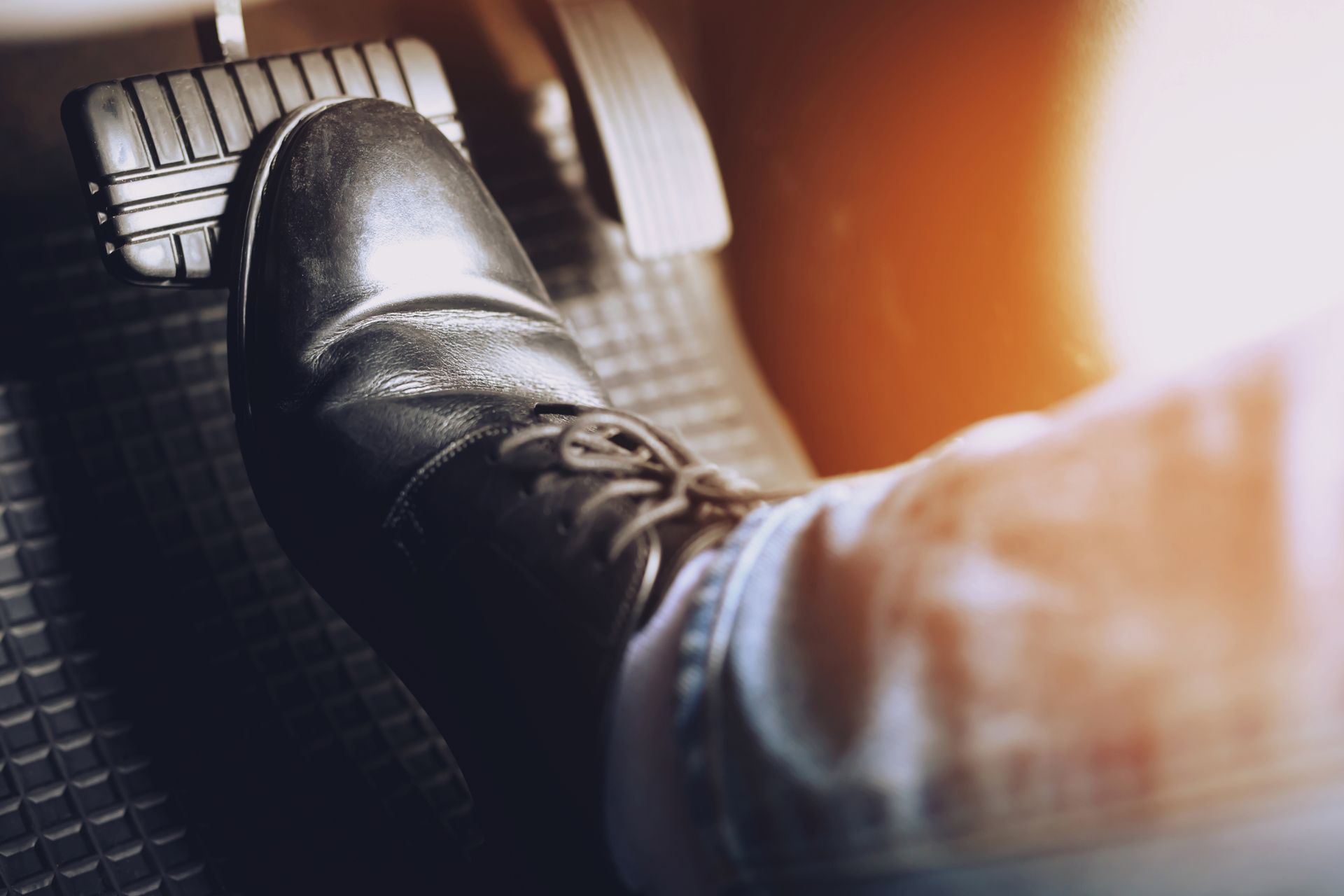Battery corrosion is a common issue that many car owners encounter when popping open their hood. This phenomenon occurs when sulfuric acid in the battery reacts with lead on the terminals, forming a corrosive compound known as lead sulfate. While this reaction is a natural part of a battery's aging process, several factors can accelerate the corrosion, turning it into a nuisance for car owners.
Why Do Batteries Corrode
Climate and temperature fluctuations, especially heat, can expedite the chemical reactions leading to battery corrosion. If you live in an area with frequent temperature fluctuations, your battery may be more susceptible. Continuous overcharging of the battery can accelerate the production of hydrogen gas, contributing to terminal corrosion. Ensure that your vehicle's charging system is functioning correctly to avoid overcharging.
Old age is another factor that makes a battery more prone to corrosion. Regular maintenance and timely replacement can help mitigate the effects of aging on your battery. Improperly installed or excessively tightened terminals can disrupt the integrity of the battery connection, leading to corrosion.
How to Tackle Car Battery Corrosion with this DIY Method
When tackling battery corrosion, safety should be the top priority. Before attempting any cleaning, wear protective gear, including gloves and safety glasses, and disconnect the battery cables, starting with the negative terminal.
Baking Soda and Water
One effective method for cleaning corrosion is to create a solution by mixing baking soda with water to form a paste. Apply this paste to the corroded areas using an old toothbrush or a dedicated battery cleaning brush. For stubborn corrosion, a vinegar solution can be effective. Soak a cloth in vinegar and gently wipe away the corrosion.
After cleaning, please remember to use a wire brush to scrub away the remaining corrosion on the battery terminals. Ensure that the brush is specifically designed for battery cleaning to avoid damage. To prevent future corrosion, apply an anti-corrosion spray or petroleum jelly on the terminals.
Once the terminals are clean and dry, reconnect them starting with the positive terminal followed by the negative terminal. Ensure a snug but not over-tightened connection.
By understanding the factors contributing to battery corrosion and implementing these simple DIY tips, you can bid farewell to the pesky white powder on your battery terminals. Regular maintenance, coupled with these cleaning techniques, will not only extend your battery's life but also ensure a start every time you turn the key.
For battery services, repairs, and replacements, bring your vehicle to
Kwik Kar Auto Repair. You can also schedule an appointment by giving our team a call or filling out our scheduling form online.
